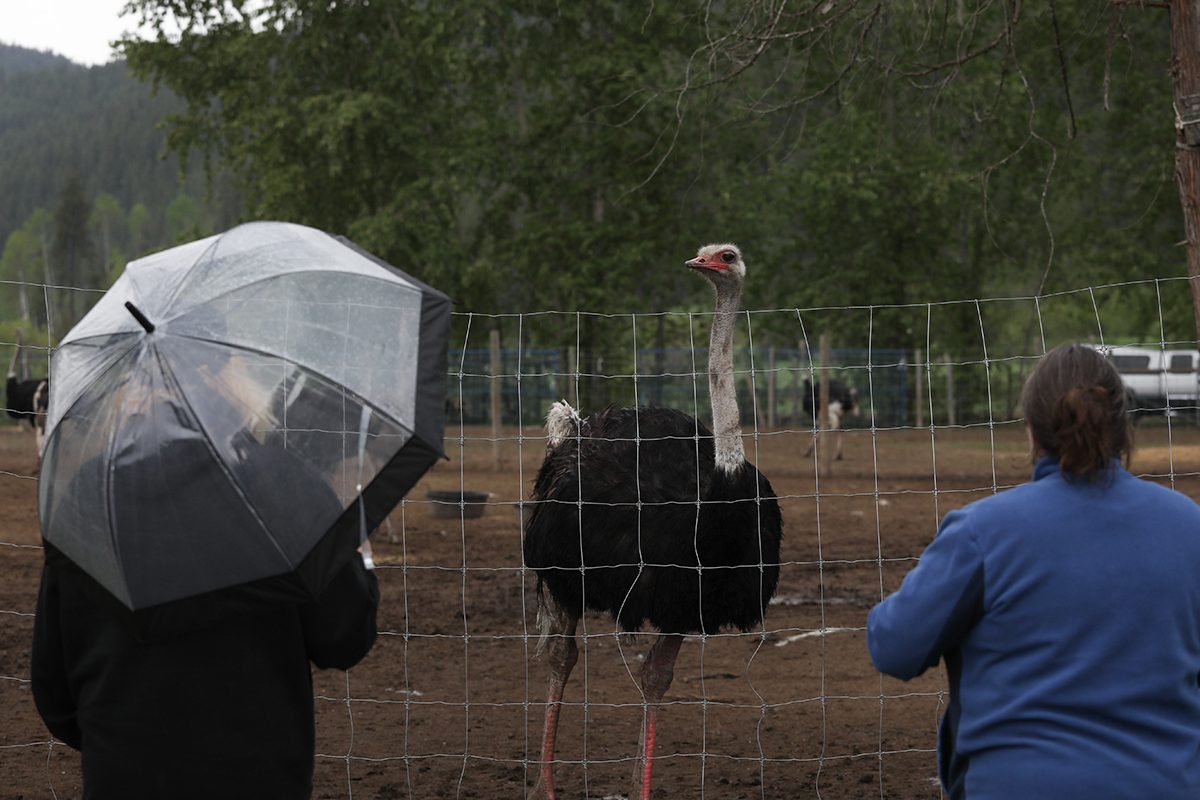ROME (Thomson Reuters Foundation) — The chances of shock food price rises in import-dependent states are rising as the world’s population grows and nations become more reliant on global markets, researchers said in a study published on Tuesday.
Countries dependent on food imports, and states where rising populations are putting pressure on scarce land and water resources, are the most susceptible to sudden jumps in food prices, the author of the University of Virginia study said.
“The world’s food system is less resilient because of globalization,” Paolo D’Odorico, an environmental sciences professor who co-wrote the study, told the Thomson Reuters Foundation.
Read Also

B.C. ostrich owner condemns violence near embattled farm
One of the owners of Universal Ostrich near Edgewood, B.C. condemned the alleged assault and arson against one of the farm’s neighbours said to have been committed by a protestor. The farm is in a legal battle with federal authorities over a cull order of the farm’s ostriches, which contracted avian influenza.
A flood, drought or political unrest in one country can affect the food security of another elsewhere in the world, he said, citing grain export bans imposed by Russia in 2010 because of a drought and the need to protect domestic consumers.
“Increasing reliance on local food, whenever possible, is a good approach,” D’Odorico said.
Import-dependent states in the Middle East, including Saudi Arabia and the United Arab Emirates, are particularly vulnerable to shocks in other regions, he said.
The study, published in the Proceedings of the National Academy of Sciences, analyzed data for 140 countries on demographics, food production, consumption and trade flows from 1986 to 2011.
Global food prices are at their lowest in more than four years, the UN Food and Agriculture Organization reported in March.
But the world’s growing population and increased trade dependency make it almost certain there will be further food price shocks, D’Odorico said, though he declined to say when this might happen next.














